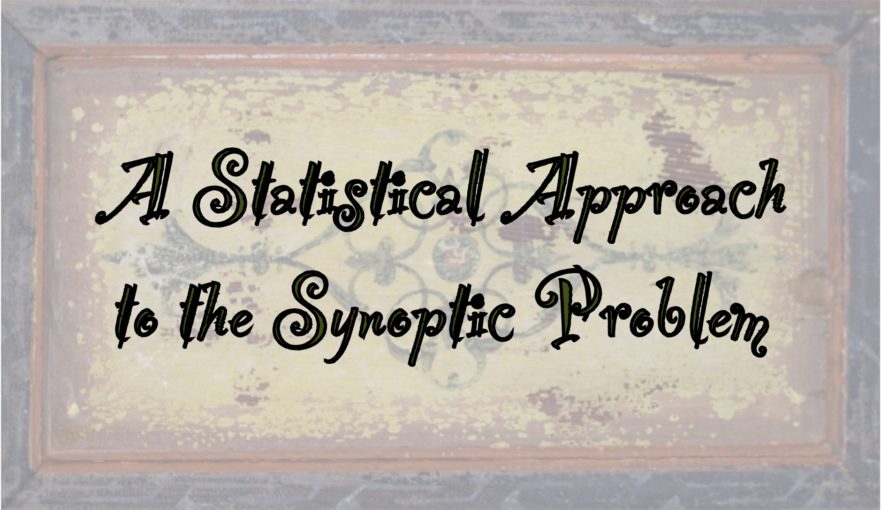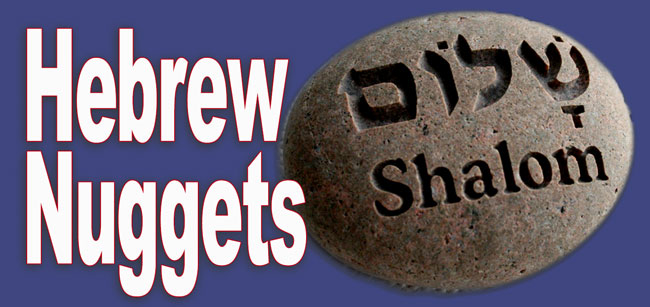…
“Yeshua and Levi the Toll Collector” complex
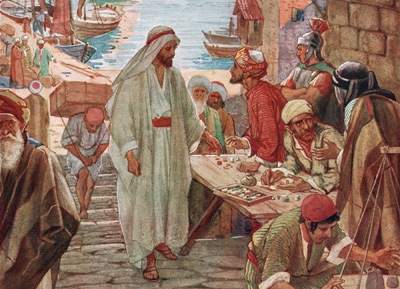
David Bivin and Joshua Tilton propose a reconstruction of Jesus’ interaction with Levi the toll collector and his teaching in response to criticism that Jesus ate and drank with sinners.
First Online JP Course Now Available – Aleph-Bet: Hebrew Reading and Writing for Christians in 17 Easy Lessons
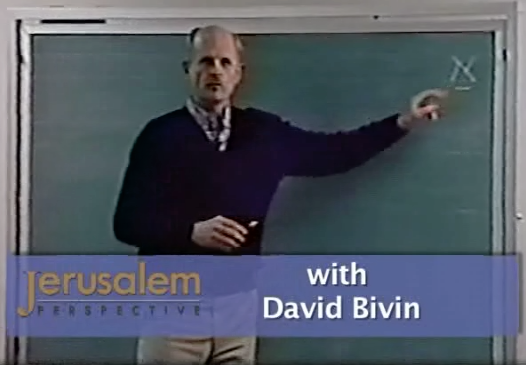
Twenty years ago, David Bivin taught a 12-hour series of classes entitled “Aleph-Bet: A Beginner’s Introduction to Reading and Writing Hebrew.” The class was video-recorded and produced into a video series available on video cassette tapes (VCR). This incredible class brought the viewer into a basic understanding of how to read and write the language of Jesus’ day. Now, JerusalemPerspective.com is creating an online course where you can study at your own pace and even interact with other students if you would like.
“How to Pray” complex
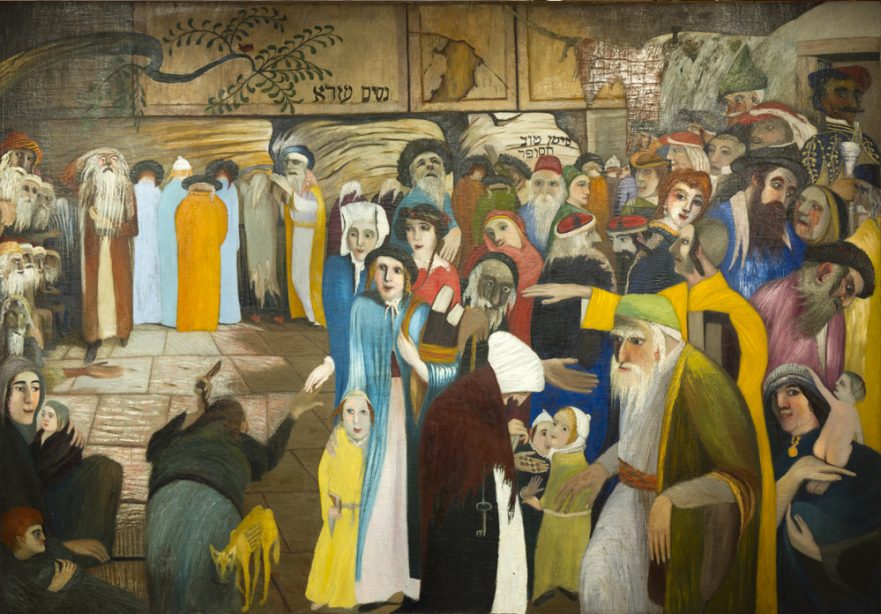
David Bivin and Joshua Tilton propose a reconstruction of Jesus’ teaching on how his disciples ought to pray and about the character of the God to whom their prayers are addressed.
Matthew 1:1-25: In the Year of Jubilee?
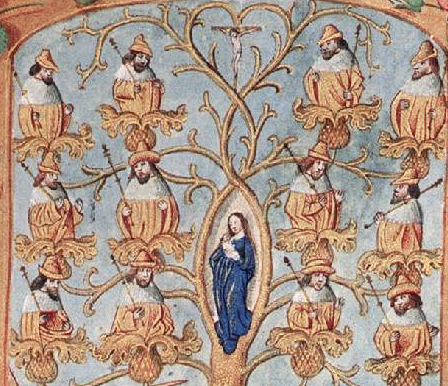
The genealogies of Matthew and Luke reflect diverging Jewish opinions about the time for the advent of the redeemer.
Be Not Afraid

Christmas approaches with its usual frenzy of decorations, shoppers, carols, cookies, and lights—all wrapped in joy, peace, and goodwill that is often, sadly, as thin as colored tissue paper. But this year, it’s even harder to “get into the spirit.” Hearts are heavy with grief and fear, especially following the deadly and deliberate attacks in Paris and San Bernardino, California.
Yet, another reality coexists with this present evil, just as it did on the first Christmas, when human misery also abounded—the reality of goodness.
Jesus and a Canaanite Woman
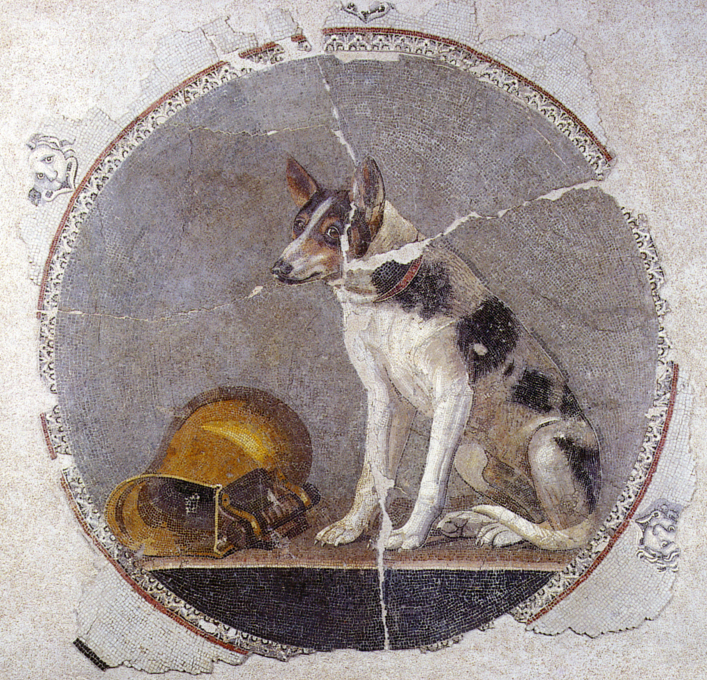
Does the story of a Canaanite woman’s encounter with Jesus, which is found in the Gospels of Mark and Matthew, show indications of having descended from a Hebrew source? Why did the author of Luke fail to include this story? Explore these questions and more in “Jesus and a Canaanite Woman.”
Matthew 2:1-23: A Nazorean Shall Be Called
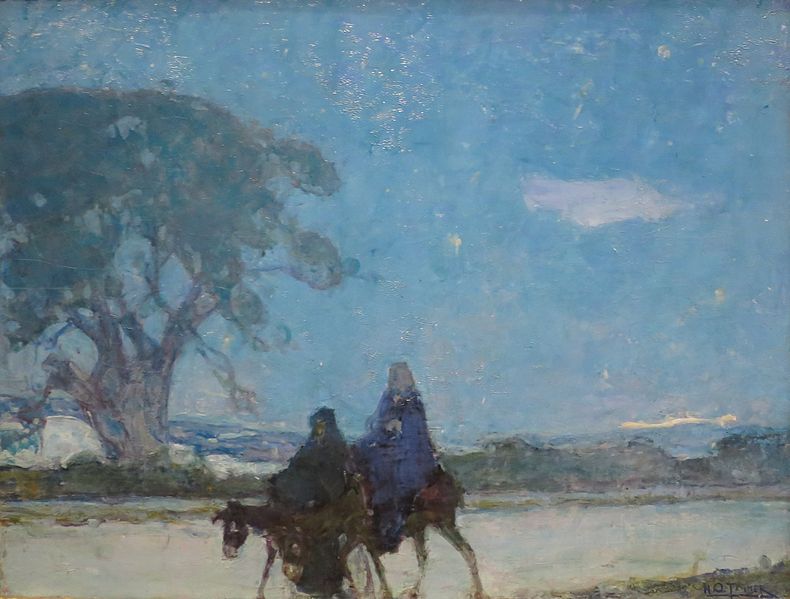
Where in the Hebrew Scriptures is it expected that the Redeemer will be called a Nazarene or come from Nazareth?
Sending the Twelve: “The Harvest Is Plentiful” and “A Flock Among Wolves”

Yeshua told his twelve emissaries: “There’s a huge harvest, but a shortage of harvesters. So send word to the owner of the field to hire more workers to help them finish the job.
“Go! But beware, I’m sending you out like a defenseless flock into a pack of ravenous wolves.”

